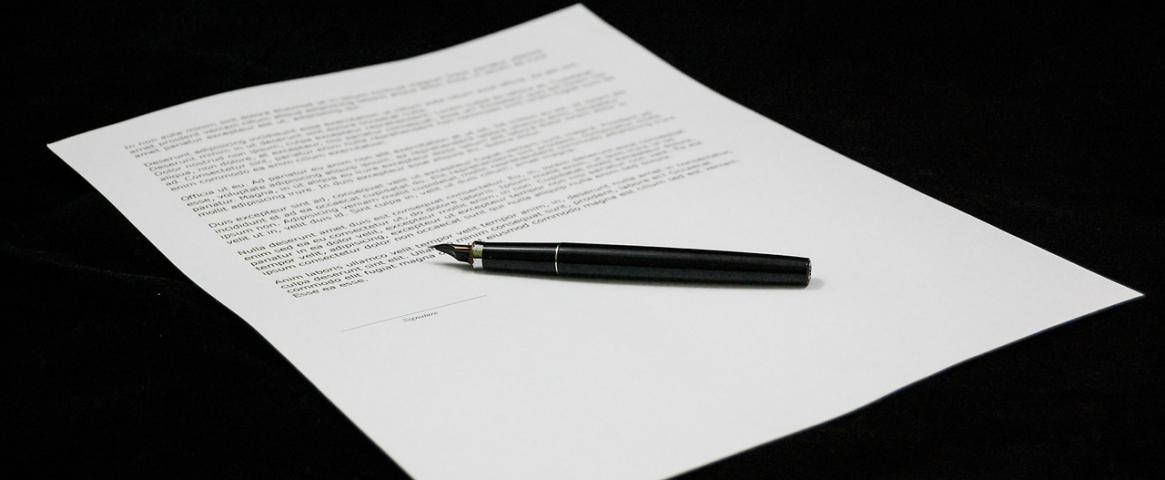Dear colleagues,
Below is a link to a letter that the NASW Board, working with the Information Access Committee, sent to members of the U.S. Congress today, November 15. The letter reaffirms our commitment to the free flow of information about science and calls on Congress to enact legislation that protects federal scientists’ right to communicate freely with the media and the public.
This letter is in keeping with the information access standards that NASW published earlier this year, which were built by consensus of journalists and PIOs. It is also in keeping with, and was prompted by, a similar letter sent to Congress on November 6 by the Society of Professional Journalists (SPJ) and 28 other journalism and open-government organizations. The NASW Board did not have an opportunity to shape that letter before it was finalized. Nonetheless, we wholeheartedly share SPJ's objection to actions and policies that prevent government employees from speaking freely with journalists. As we note in our letter, such policies are at odds with widely recognized norms of journalism. In our letter, we add an important point that we feel helps capture the nuances of the situation. Many PIOs are allied in wanting to ensure that government scientists can speak freely, and without supervision, with journalists. Policies and procedures that prevent such access are often dictated by political appointees and other agency officials, and PIOs, whatever their personal opinions may be, often do not have control over these policies.
Finally, I would like to extend my thanks to our members and Board members who have volunteered their time and energy on this issue — especially to the members of the Information Access committee and to NASW member Kathryn Foxhall, who has worked closely with SPJ to monitor and act on matters of information access.
-Siri Carpenter President, NASW




